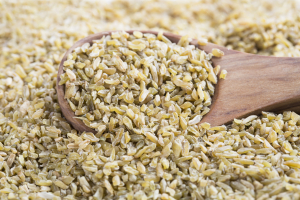Top 7 Health Benefits of Spending Time Outdoors in Nature
In modern life, spending more time indoors and away from nature has become normal. In fact, Americans spend about 93% of their time indoors on average! But you ... read more...need to spend a lot of time in nature to maintain good health. Scientific research is increasingly showing the numerous health benefits of being outside and below are some of them!
-
You may already be aware that air pollution can cause allergies, asthma, and other respiratory illnesses. However, you might be surprised to realize that indoor air pollutant concentrations are sometimes two to five times greater than outside ones.
However, spending more time in outdoor green spaces may help to reduce your risk of respiratory problems. In a 2016 research, 108,630 women were tracked for 8 years to determine the relationship between neighborhood greenery and mortality risk. People with the most greenery in their neighborhoods had a 34% lower risk of dying from respiratory diseases than those with the least greenery. In general, areas with high air circulation are the freshest air. For example, camping near a river that is surrounded by skyscrapers and factories may expose you to more pollution than camping in an open field.
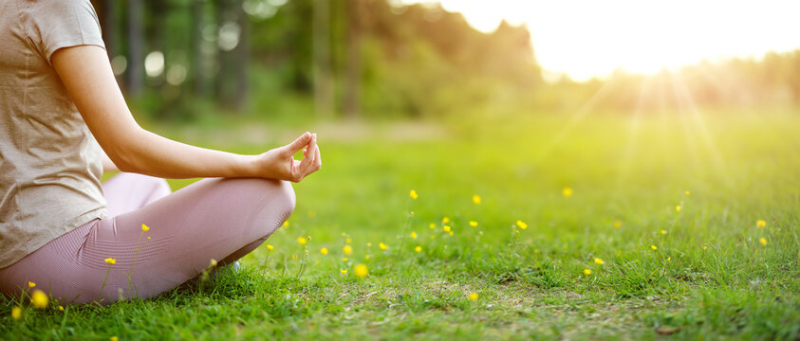
Better breathing 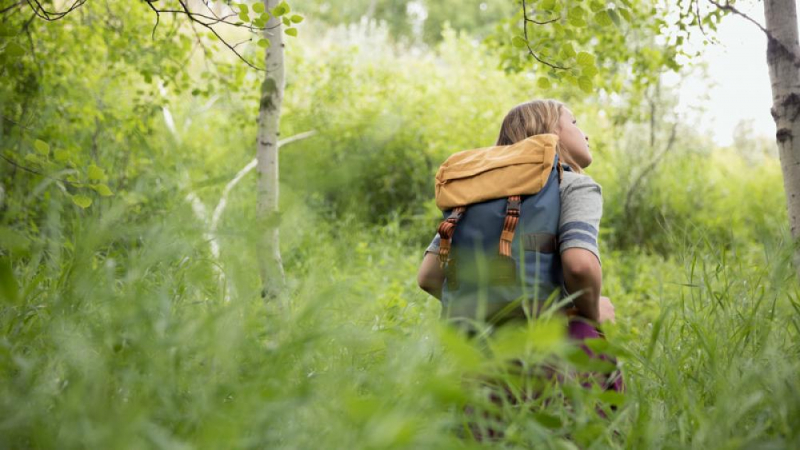
Better breathing -
Your body's internal clock follows the sun, making you feel awake during the day and tired at night. Although artificial illumination can mimic natural light, direct sunlight has 200 times the intensity of office lights inside a small space. Therefore, sunlight has a greater impact on your circadian rhythm than artificial light.
By being exposed to sunlight, you can get better sleep because of the following benefits: helping you feel more tired at night; shortening the time it takes to fall asleep and improving the quality of your rest. You merely have to go outside to get your daily dosage. Just remember that sunlight must enter your eyes in order to affect your circadian rhythm. Picnicking on the beach may be more beneficial for improving sleep than taking a nap in a quiet, wooded area.
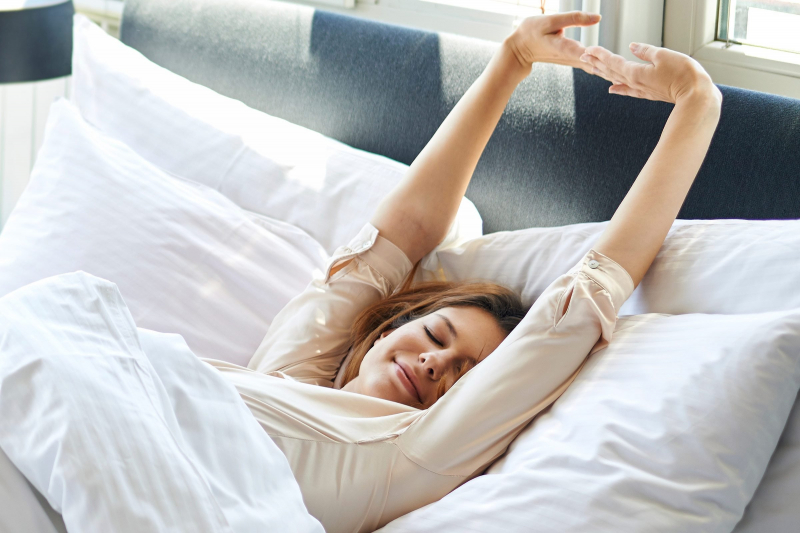
Improved sleep 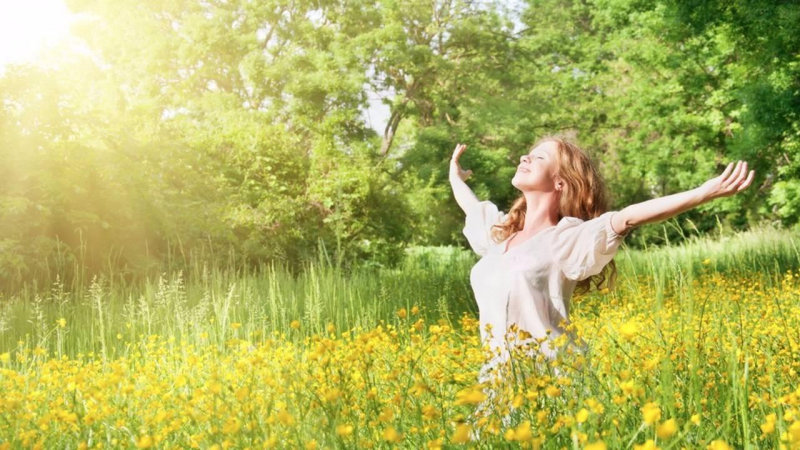
Improved sleep -
Low mood and fatigue, two common depression symptoms, can frequently be improved by sunlight. Both seasonal and severe depression can be treated with light therapy.
After a few days, if you suffer from seasonal depression, you could feel better. It might take up to two to five weeks before you start feeling better if you have major depression. Scientists are still unsure about how sunlight impacts depression. Since sunshine can help in the body's production of vitamin D, some people think it has a protective effect. It's also possible that sunlight makes sleeping better, which lessens how severe depressive symptoms are. If your energy is low due to depression, it's still pretty simple to get outside in the sun. Try taking your daily dosage while having lunch, reading a book, or simply relaxing in the sun; but don't forget to wear sunscreen.

Reduced depression symptoms 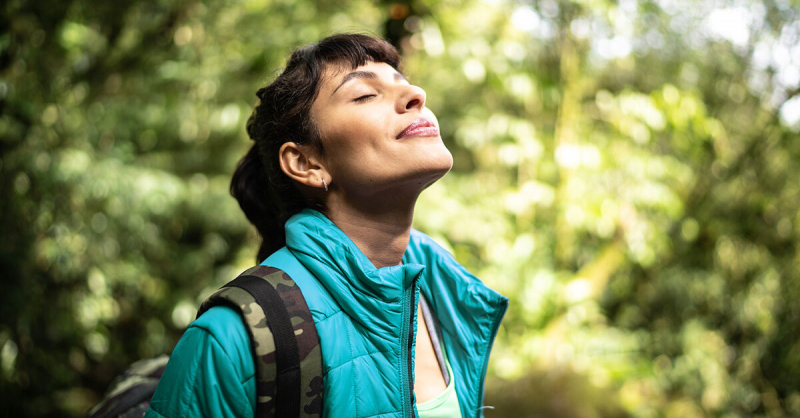
Reduced depression symptoms -
Exercise in green spaces may increase your motivation. Exercising outside may be more interesting and enjoyable than working out in a gym. Exercising outside makes it simpler to interact with others because there are sometimes unspoken rules in gyms about avoiding talking to the person using the treadmill next to you. Moreover, according to a 2013 study, people who walk outside often exercise at a greater intensity and report feeling less tired.
To enjoy exercise in nature, you don't need to ride a triathlon or ski down a mountain. Any regular exercise that gets your body moving in a way that is comfortable for you, such as gardening, walking your dog in the park, or washing your car, might be beneficial for your health. If the weather is extremely hot, you can move your workout to the morning or evening when it's more pleasant. Keep in mind to stay hydrated. Don't forget to bring a lot of water with you.
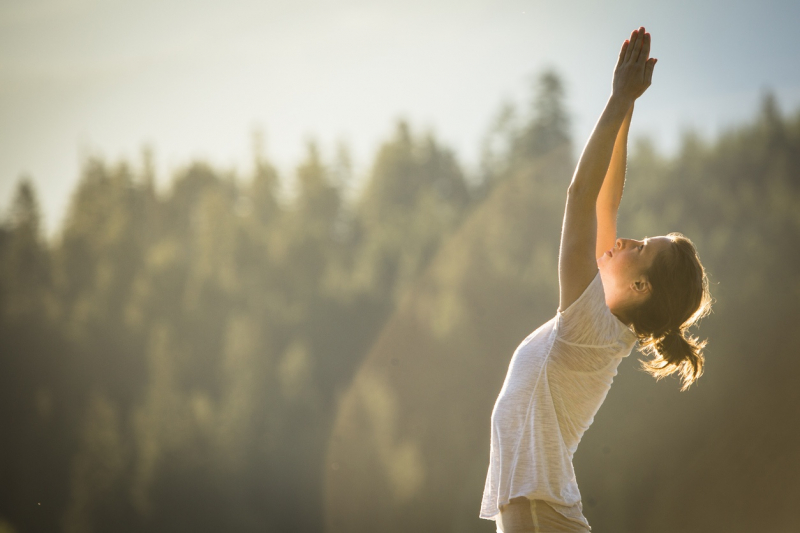
More motivation to exercise 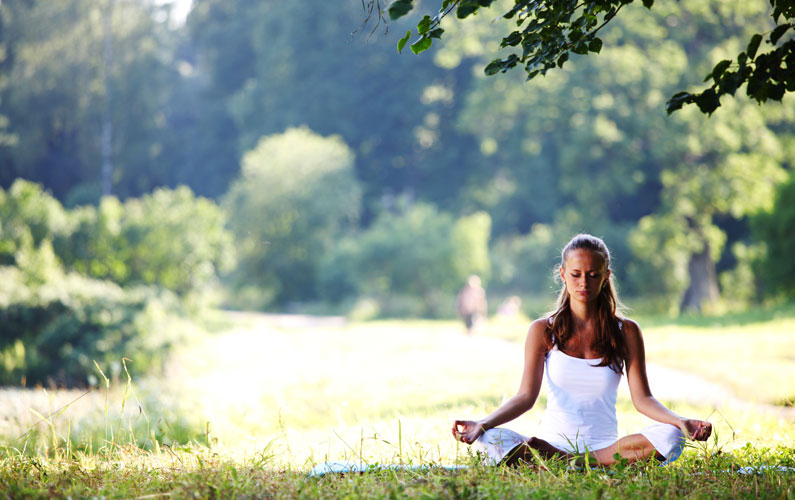
More motivation to exercise -
The modern world is full of tempting stimuli that compete for your limited attention, such as flashing screens, vibrating phones, and rumbling roads. Your stress levels might increase as a result of this constant overstimulation without your awareness.
On the other hand, the natural world may be a place of mental and emotional peace when you need to relax and recharge. Nature offers relaxing experiences that may retain your attention without straining your brain, such as the fragrance of flowers or the melody of birdsong. Spending time in nature may make you feel more at ease and focused, according to research from 2020, especially if you take the time to take in your surroundings. You can think about engaging in contemplative, leisurely activities like hiking in the woods to get these benefits.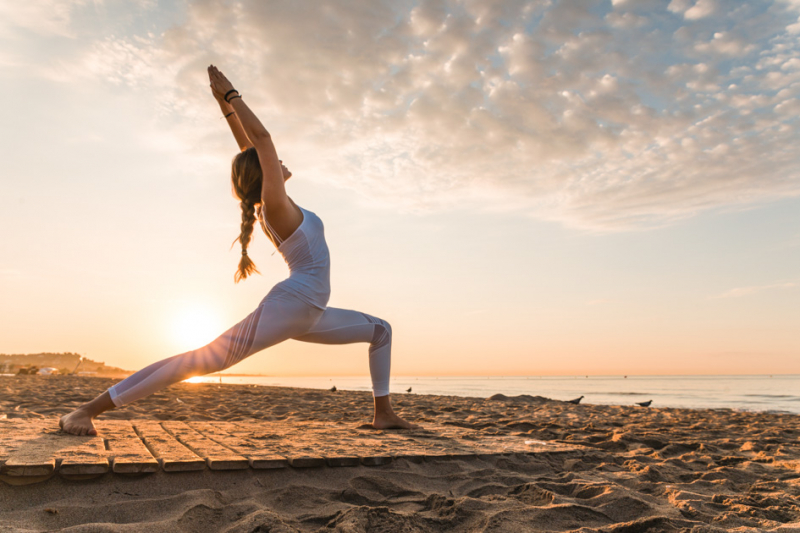
Mental restoration 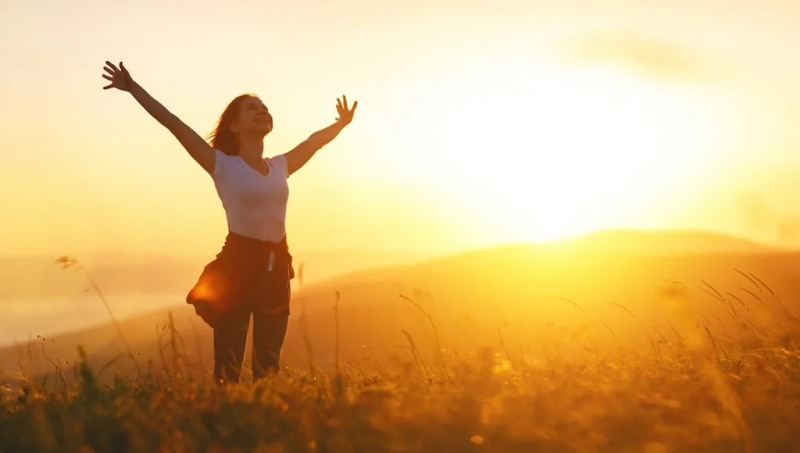
Mental restoration -
Expert guidance suggests that being outside reduces your chances of getting the COVID-19 (SARS-CoV-2) virus as well as other viruses. This is so that the presence of viruses in the air can be dispersed by air movement. In fact, according to data from 2021, interiors have 18.7 times the risk of transmission than outside areas.
Furthermore, being outside can still boost your immune system function. In fact, more sunlight leads to better vitamin D production, which benefits your immune system already. Outside seems to be beneficial in other ways. Numerous plants release molecules into the air, including organic substances known as phytoncides, that appear to improve immune function. Additionally, it appears that sunlight stimulates T cells, immune system-specific cells that help in the battle against infection.
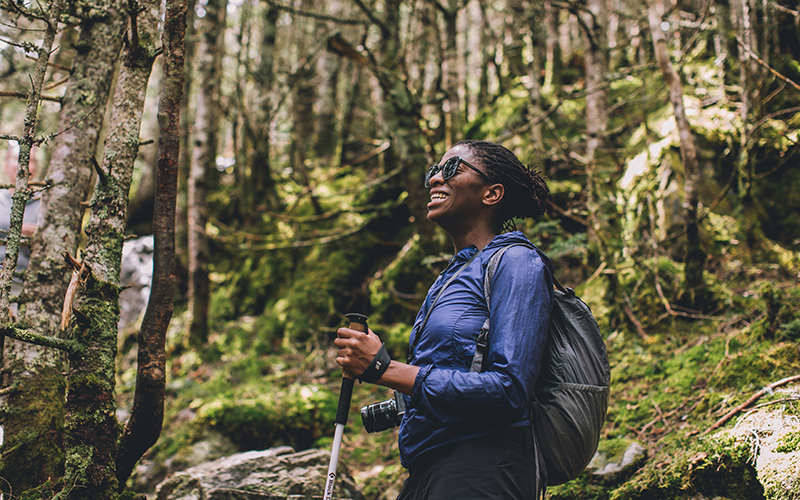
Boosted immune function 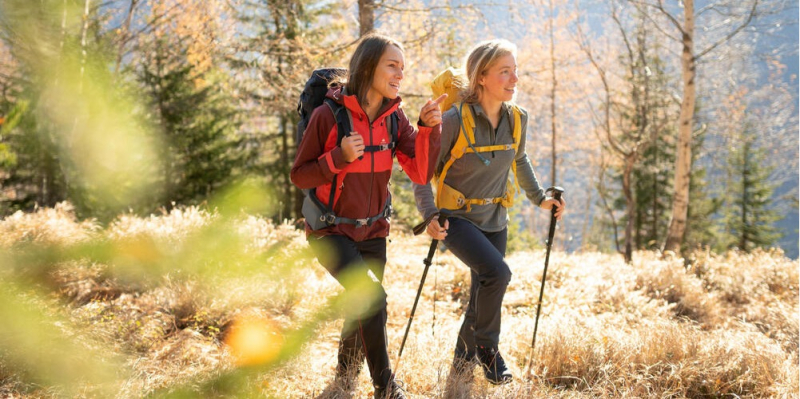
Boosted immune function -
Myopia (short-sightedness) is an important public health issue. There is some evidence to support the idea that children who spend a lot of time outside are less likely to become nearsighted or have myopia.
One 2020 study included 10,743 Taipei children between the ages of 9 and 11. Children who spent more time outside during break had a 22% lower risk of myopia growth than their classmates. Some protection was also provided by increasing the eye-work distance when doing close-up work and by taking a break after 30 minutes. Spending more time outside was found to have a protective impact against the development of myopia, with a 50% lower risk corresponding to an extra 76 minutes outside each day. Additionally, more time spent outside was associated with a -0.30D reduction in the myopic shift in both myopes and non-myopes.
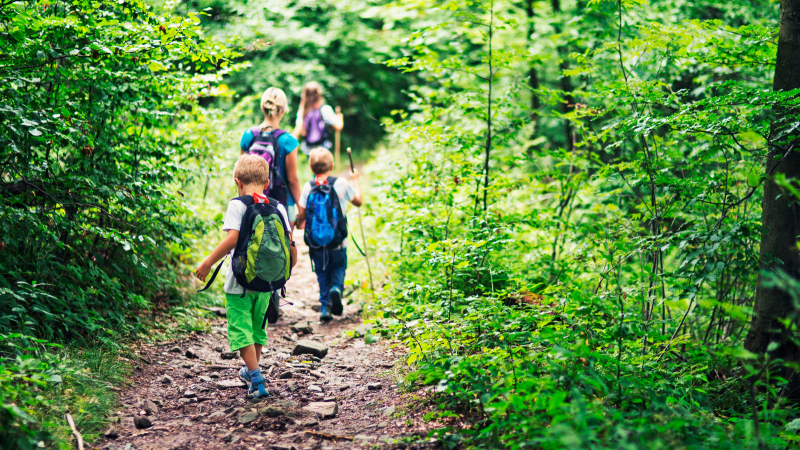
Protection from short-sightedness 
Protection from short-sightedness

















